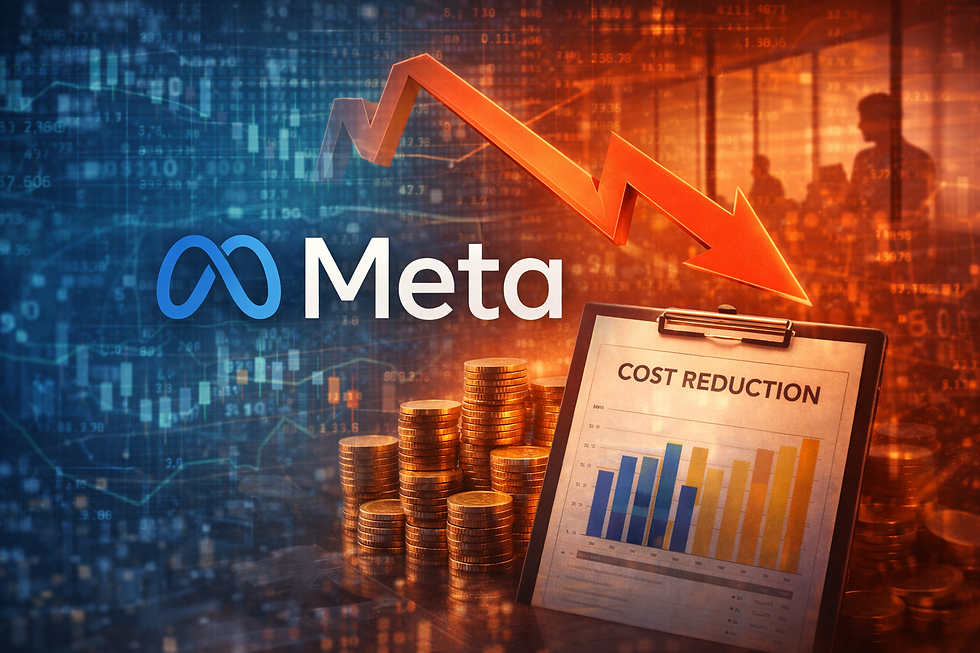US Treasury Sued Over Elon Musk’s Effort to Integrate Doge into Payments System
- Feb 4, 2025
- 3 min read
In a groundbreaking legal battle, Elon Musk and the US Treasury Department are at the center of a lawsuit regarding the integration of Dogecoin (DOGE) into mainstream payment systems. The lawsuit, filed recently, claims that the US Treasury's refusal to allow Dogecoin as a viable option for digital payments is an unlawful restriction on financial innovation and violates certain principles of the digital asset space. This move highlights the ongoing debate about cryptocurrency's role in the traditional financial system and whether digital currencies like Dogecoin can be utilized for payments at a broad scale.

Key Takeaways
Lawsuit Details: Elon Musk is challenging the US Treasury's refusal to allow Dogecoin access to payment systems, aiming to enable widespread use of the cryptocurrency in digital payments.
Regulatory Concerns: The case has sparked concerns about government control over digital currencies and the future of crypto regulation in the US.
Dogecoin’s Future: Dogecoin, once a meme coin, has evolved into a prominent digital asset. Musk’s push to integrate Dogecoin into mainstream payment systems is an attempt to elevate its use case beyond speculative trading.
Crypto Industry Response: The broader cryptocurrency community is watching closely, as the outcome could influence how other cryptocurrencies are treated by regulators and financial institutions.
Elon Musk’s Legal Battle: The Push for Dogecoin in Payments
Elon Musk, the CEO of Tesla and SpaceX, has been a long-time supporter of Dogecoin, frequently posting about it on social media and advocating for its potential in the digital payment sector. His lawsuit against the US Treasury stems from the regulatory body’s refusal to allow Dogecoin to be used as a payment method within the existing financial infrastructure.
Musk’s legal team argues that the Treasury's stance on Dogecoin is an obstacle to innovation, preventing a potentially transformative technology from becoming part of everyday transactions. Musk believes that integrating Dogecoin into digital payment systems could offer a more efficient and cost-effective alternative to traditional payment methods. He points to Dogecoin’s fast transaction speeds and low fees as key advantages that could disrupt the current financial system.
Challenges with US Treasury Regulations
The US Treasury, however, maintains that there are significant risks associated with allowing cryptocurrencies like Dogecoin to integrate into financial systems. Regulators are concerned about issues such as fraud, volatility, and security. Additionally, there are unresolved concerns about the role of decentralized finance (DeFi) in relation to traditional banking infrastructure and how it might impact the stability of the financial system.
Dogecoin, despite its growing popularity, remains a highly volatile asset. Its market fluctuations could potentially create issues if widely used in payment systems, as businesses may struggle with the unpredictability of the currency’s value.
The Future of Crypto and Digital Payments
The lawsuit is just one of many legal challenges faced by the cryptocurrency industry, which continues to battle regulatory scrutiny worldwide. As cryptocurrencies like Dogecoin gain popularity, they raise questions about how governments will handle the integration of digital currencies into the established financial ecosystem.
For Musk, the case is about more than just Dogecoin. It's a statement on the future of digital payments and the role that cryptocurrencies could play in transforming the global economy. If Musk succeeds in his legal efforts, it could open the door for a wider range of cryptocurrencies to gain access to financial systems, shifting the dynamics of how we view money and payments.
Conclusion: The Crypto Revolution or a Legal Setback?
The outcome of this lawsuit will have profound implications for both the future of Dogecoin and the wider cryptocurrency ecosystem. If Elon Musk’s efforts to bring Dogecoin into mainstream payment systems are successful, it could signal a shift in how digital currencies are viewed by regulators and the general public. Conversely, if the US Treasury prevails, it may set back efforts to integrate crypto into the financial world, reinforcing the divide between traditional finance and the emerging digital asset space.
As this case unfolds, the cryptocurrency community remains divided, with some seeing it as an opportunity for innovation and others fearing increased regulation. Regardless of the outcome, one thing is certain: the battle for crypto’s place in the global economy is far from over.










Comments